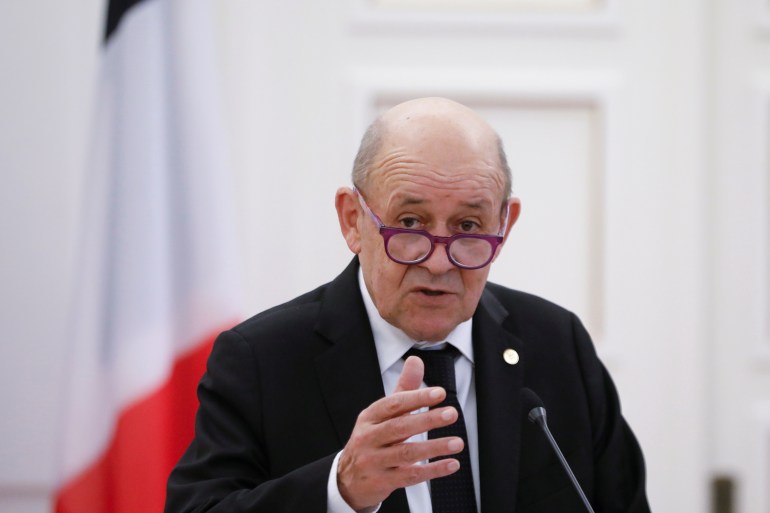Vienna negotiations on the Iranian nuclear file are continuing amid uncertainty about the possibility of their success, as the Iranian side talked about European proposals to reach an interim agreement, while France retreated from its optimistic position of progress.
In Iran, the head of the Parliament's National Security Committee, Vahid Jalalzadeh, said that the four plus one countries proposed an interim agreement in Vienna with the aim of reaching a permanent agreement in the future.
Zadeh added - in statements to the Iranian news agency - that his country did not accept or reject the proposal, and that its priority is a permanent agreement.
Zadeh also said that Western countries should take effective steps to rebuild confidence in any future agreement.
The head of the National Security Committee considered that Iran is not optimistic about Washington's return to implementing its commitments in the nuclear agreement, as it wants to return and take advantage of the nuclear agreement to restrict Iran's nuclear program, as he put it.
Also in Iran, Ali Reza Elhami, Deputy Commander of the Air Defense Forces in the Iranian Army, said that his country's response would be firm and destructive to any violation targeting its borders or national interests and infrastructure, and that its forces are in the highest state of readiness.
The Iranian military official also said that those he described as enemies have not yet been able to violate Iranian airspace and important vital installations in the country, as he put it.
Jean-Yves Le Drian: Discussions are ongoing, but from our point of view they are very slow (Reuters)
France's position
On the other hand, French Foreign Minister Jean-Yves Le Drian told the French parliament on Tuesday that world powers and Iran are far from reaching an agreement to revive the nuclear agreement, and expressed his regret at the slowdown in talks, which undermines the chances of finding a solution that respects the interests of all parties, as he put it.
Last Friday, the French foreign minister was more optimistic when he said that the negotiations were progressing "on a relatively positive track," and his Iranian counterpart, Hossein Amir Abdollahian, commented that France had changed its behavior and stopped playing the role of a "bad cop" in the talks.
Commenting on the atmosphere of the talks in Vienna, Abul-Qasim Bayinat, a fellow at Harvard University's Belfer Center for Science and International Affairs, said in a report in the National Interest that it is becoming increasingly clear that restoring the nuclear deal is a major challenge without ensuring its continuity.
He added that after a few years after former US President Donald Trump withdrew from the agreement, then launched a maximum pressure campaign against Iran, and Tehran responded by accelerating and expanding its nuclear program, policymakers in Washington and Tehran must ensure that the agreement remains in force for all its parties for the duration of its continuation, once it is revived. .

